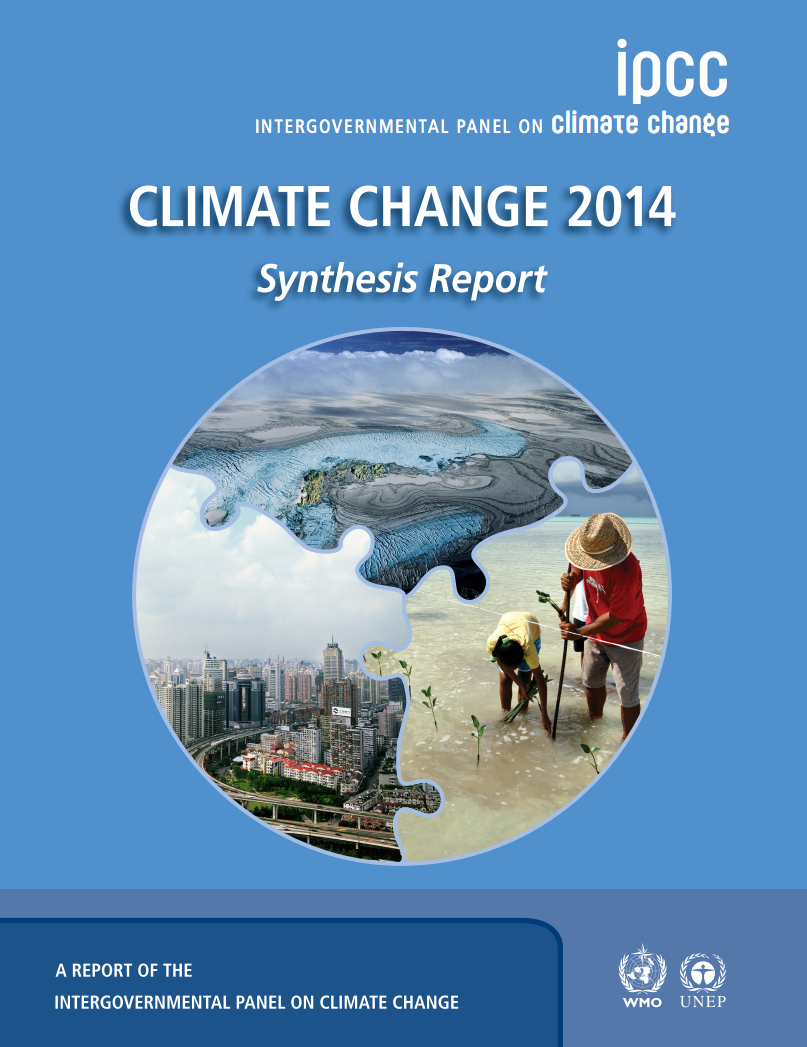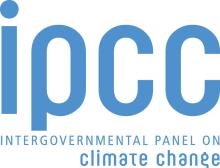Resource information
may be reproduced without authorization provided that complete source is clearly indicated. Editorial correspondence and requests to publish,
reproduce or translate articles in part or in whole should be addressed to:
IPCC
c/o World Meteorological Organization (WMO)
7bis, avenue de la Paix Tel.: +41 22 730 8208
P.O. Box 2300 Fax: +41 22 730 8025
CH 1211 Geneva 2, Switzerland E-mail: IPCC-Sec@wmo.int
www.ipcc.ch
This document is the result of coordinated and carefully connected cross Working Group efforts to ensure coherent and comprehensive information on various aspects related to climate change. This SYR includes a consistent evaluation and assessment of uncertainties and risks; integrated costing and economic analysis; regional aspects; changes, impacts and responses related to water and earth systems, the carbon cycle including ocean acidification, cryosphere and sea level rise; as well as treatment of mitigation and adaptation options within the framework of sustainable development. Through the entire length of the SYR, information is also provided relevant to Article 2, the ultimate objective of the United Nations Framework Convention on Climate Change (UNFCCC).
Other aspects of climate change covered in this report include direct impacts of climate change on natural systems as well as both direct and indirect impacts on human systems, such as human health, food security and security of societal conditions. By embedding climate change risk and issues of adaptation and mitigation within the framework of sustainable development, the SYR also highlights the fact that nearly all systems on this planet would be affected by the impacts of a changing climate, and that it is not possible to draw boundaries around climate change, its associated risks and impacts on the one hand and on the other, development which meets the needs of the present generation without compromising the ability of future generations to meet their own needs. The Report, therefore, also focuses on connections between these aspects and provides information on how climate change overlaps with and mainstreams into other developmental issues.


